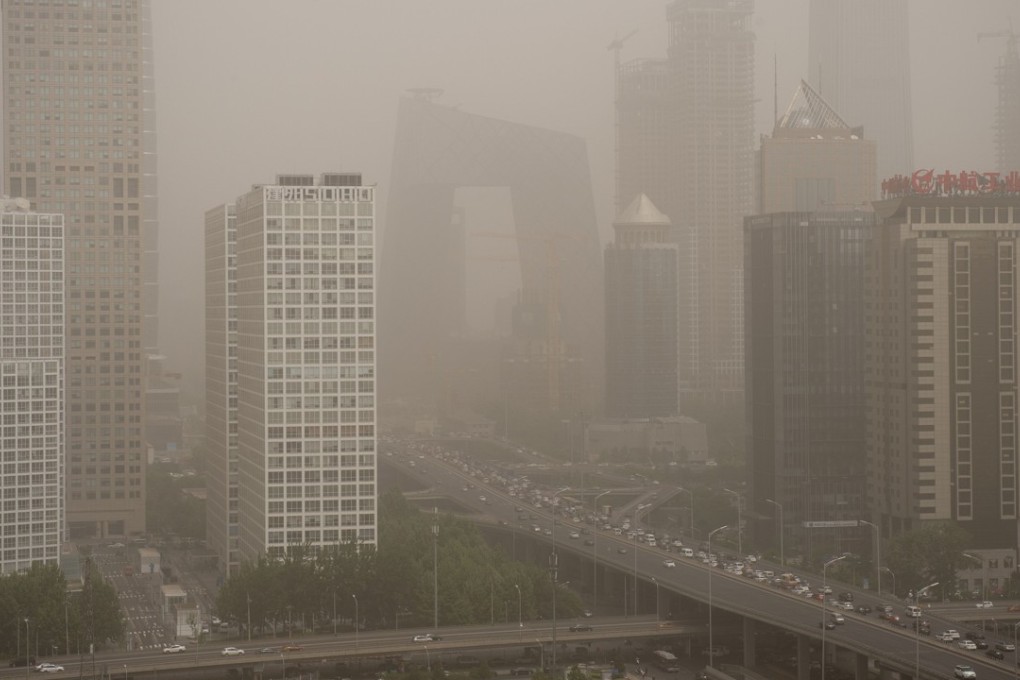To fight climate change, removing bad incentives is just as vital as rolling out good policies
Ngozi Okonjo-Iweala writes that an international effort is under way to encourage countries to remove policies that may contradict their otherwise sincere efforts to reduce carbon emissions

Before counter-intuitive policies can be turned around, or at the very least neutralised, governments need to ask the right questions as they formulate policies:
● Do specific policies clash with other policy objectives?
● Are different levels of government working well together or getting in each other’s way?
● Are governments providing the right incentives for the private sector to engage?
The questions are simple, but the answers are not. Unlike business, where the bottom line is usually king, governments have many criteria by which to measure success. Adding climate into the mix may add a layer of complexity, but also adds to the ways in which policies can help achieve a grand vision. For instance, policies that encourage compact cities can deliver a range of social and economic benefits, including greener spaces, cleaner air, less congestion and improved efficiency in delivering basic water and energy services. But if this is not well aligned with other policies, unintended consequences may follow.
